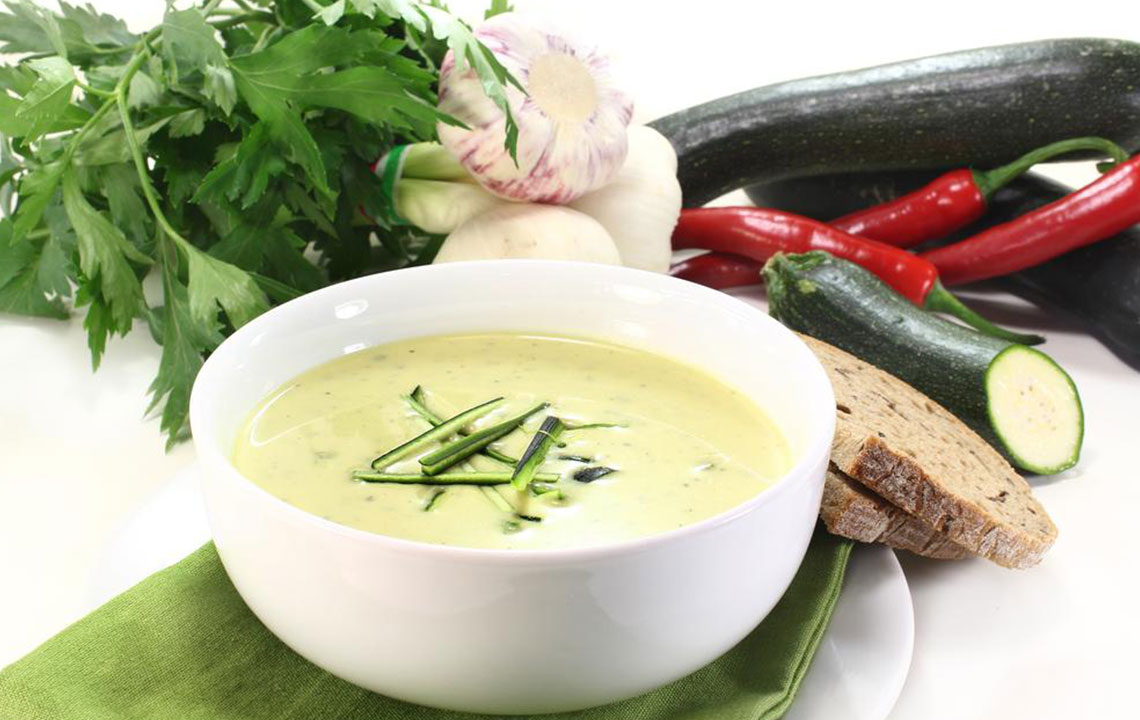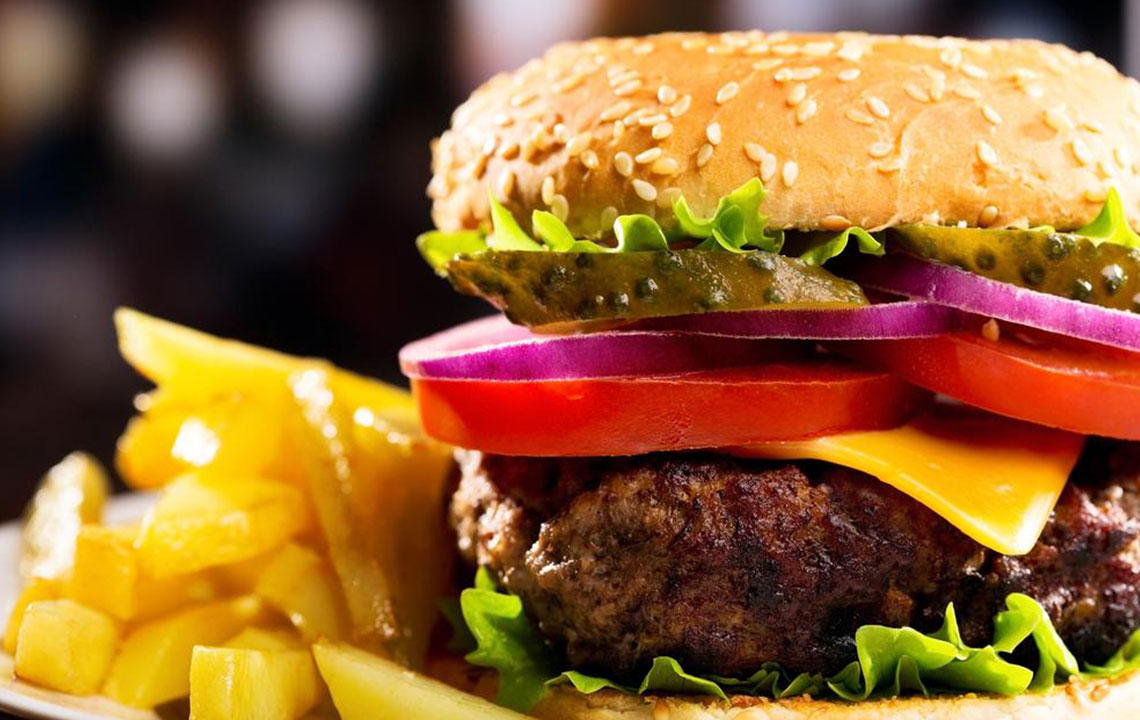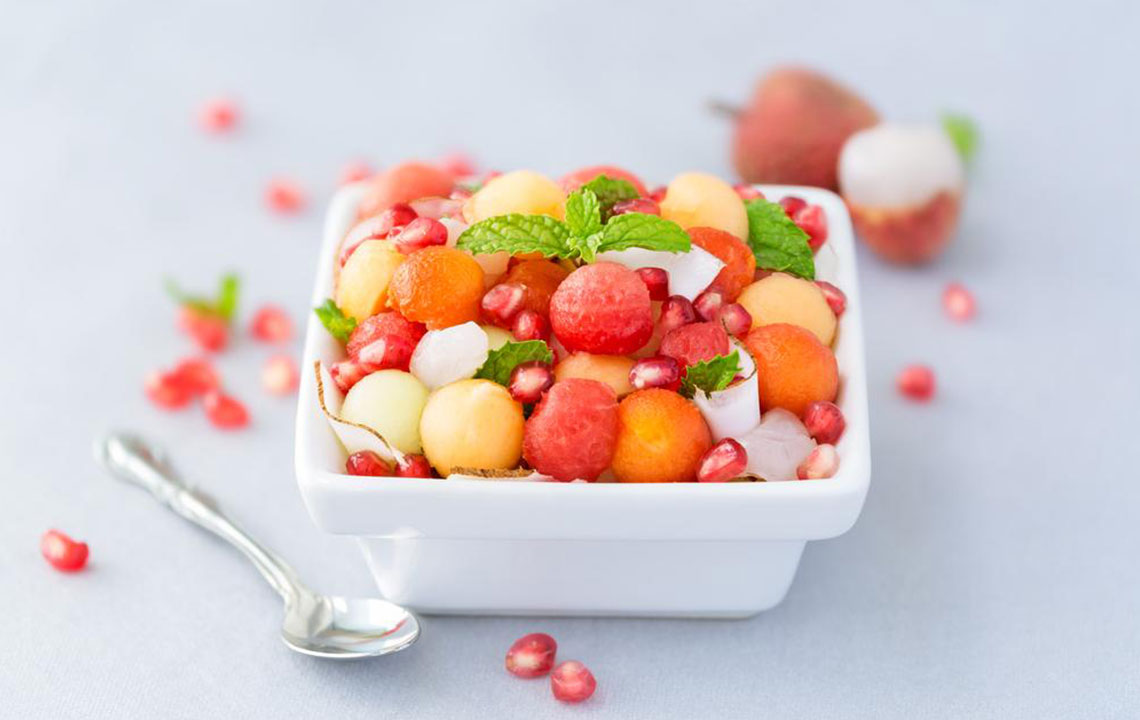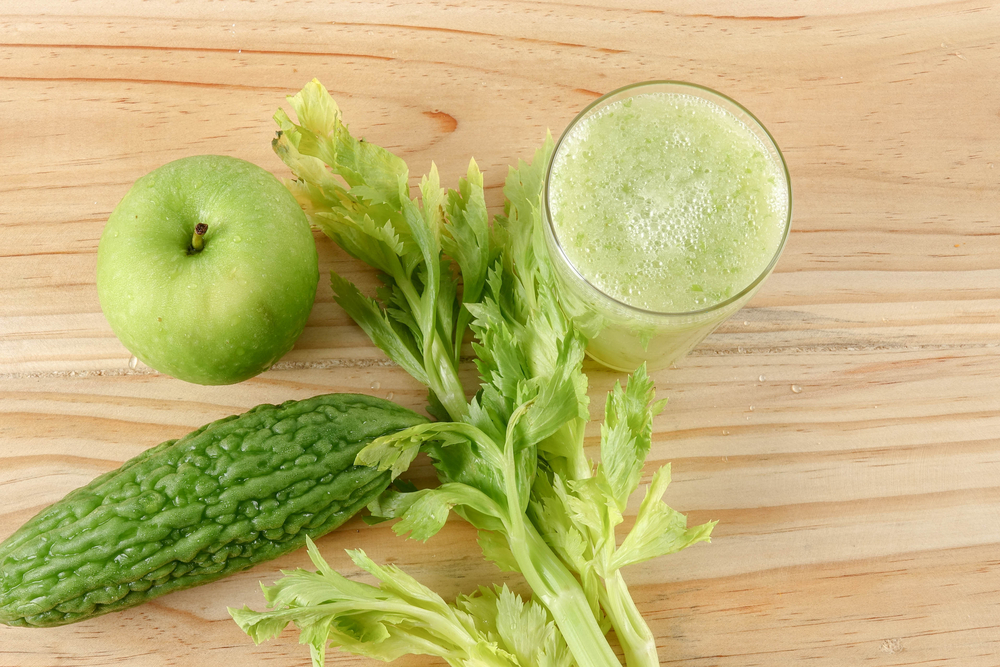Essential Dietary Tips to Manage and Prevent Gout
Learn essential dietary strategies to prevent and manage gout effectively. This guide highlights which foods help reduce uric acid levels and which should be avoided to prevent painful flare-ups. Incorporating the right foods like fruits, vegetables, and low-fat dairy while limiting purine-rich foods, sugary drinks, and processed foods can significantly improve gout management. Staying informed and making healthy choices can enhance your quality of life and reduce symptoms associated with gout.
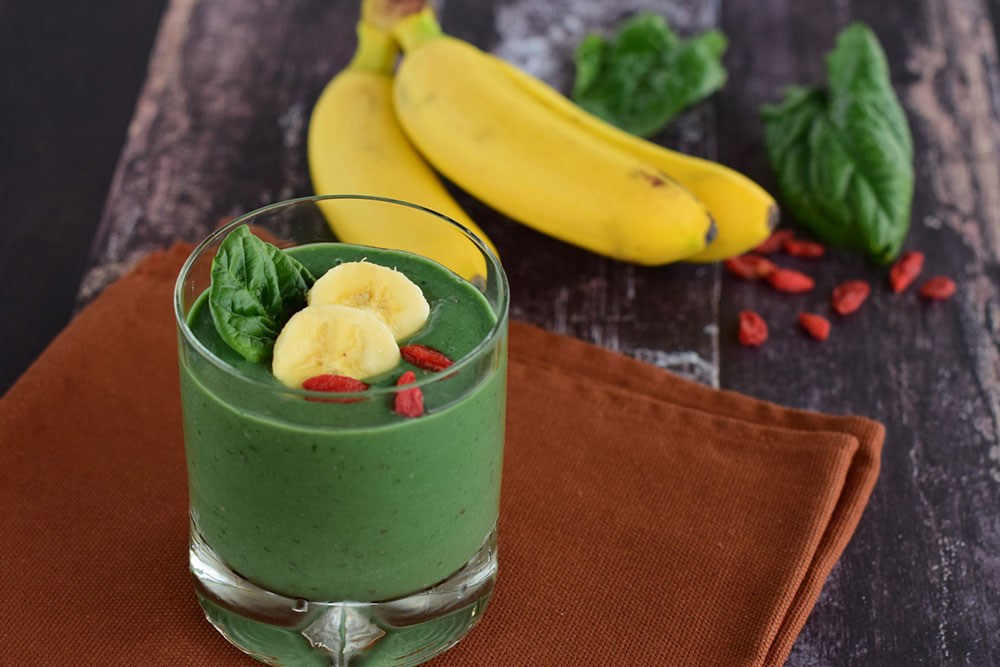
Gout is a type of inflammatory arthritis caused by excess uric acid in the bloodstream. Elevated uric acid leads to urate crystal buildup in joints, resulting in pain, swelling, and stiffness, particularly in the big toe. This condition can interfere with daily life and reduce mobility. Effective management, especially through diet, is key to preventing flare-ups. What you choose to eat impacts your uric acid levels directly, making dietary adjustments crucial.
Incorporate gout-fighting foods into your diet while minimizing intake of foods that worsen the condition. Here’s a guide to foods to include and avoid for a gout-friendly diet:
Foods to Embrace
A balanced, nutrient-rich diet can help control uric acid and reduce inflammation. Consider adding these items:
Fruits and vegetables: Oranges, cherries, red bell peppers, and cabbage are rich in vitamin C and antioxidants, which help lower uric acid levels.
Protein sources: Opt for lean meats and low-fat dairy products, which can reduce gout symptoms.
Coffee: Moderate coffee consumption has been linked to lower uric acid levels and a decreased risk of gout in both genders.
Foods to Limit or Avoid
To prevent gout attacks, stay away from foods high in purines and other compounds that increase uric acid. These include:
Organ meats: Liver, kidneys, and similar organs are high in purines, which can elevate uric acid and trigger attacks.
Sugary beverages: Drinks with added sugars, particularly those with high fructose content like soft drinks and fruit juices, can heighten attack risk.
Processed foods: Foods like white bread, canned goods, and processed meats contain excessive salt and sugar, promoting inflammation and gout flare-ups.
Seafood: Tuna, sardines, and other high-purine seafood may cause blood uric acid to rise, increasing gout risk.
Disclaimer:
Our content offers helpful insights on health topics, but should not replace professional medical advice. Always consult a healthcare provider for diagnosis and treatment suited to your specific needs. The information provided is for educational purposes and may vary based on individual conditions.

